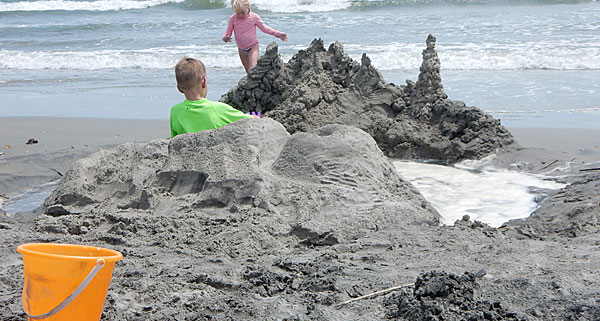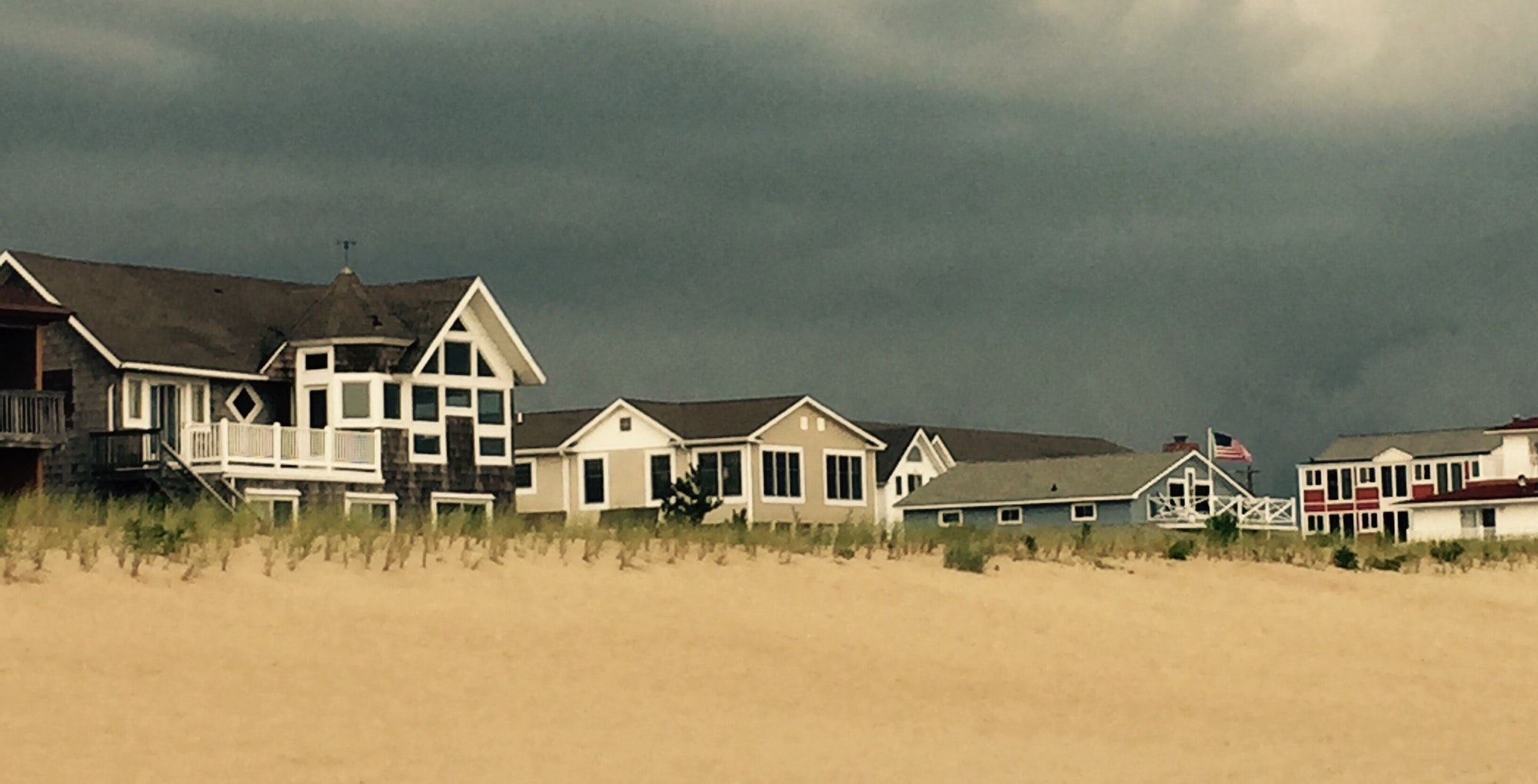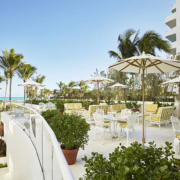How Zika virus is affecting Caribbean travel
Fears of the Zika virus have a double impact in the Caribbean, where vulnerability to the mosquito-borne disease, linked to microcephaly and other fetal brain damage, challenges an economy dependent largely on tourism. Since January, when the Centers for Disease Control and Prevention first warned pregnant women to avoid travel to certain Latin American and Caribbean countries, officials have been estimating the outbreak’s effect on the region’s prime tourist season. The results so far are mixed. In a June 2 announcement, the Caribbean Tourism Organization said that “the industry got off to a fast start in 2016, registering a 7.3 percent rise in the first quarter over the corresponding period last year.”
Despite the fact that the CDC warning for pregnant women was broadened in April to include more than 20 Caribbean countries, the CTO said in June that it anticipates tourist arrivals to the region to increase by between 4.5 percent and 5.5 percent in 2016.
Beverly Nicholson-Doty, commissioner of tourism for the U.S. Virgin Islands, reports that the territory “initially saw cancellations upwards of $250,000.” However, she said that in the last six months, “while concerns about Zika have impacted visitor arrivals, we’re not seeing widespread cancellations as a trend.”
Not all tourism watchers project such rosy figures. Take Puerto Rico: According to the CTO, it recorded a 7 percent increase in tourist arrivals in January in February. But Ingrid I. Rivera Rocafort, executive director of the Puerto Rico Tourism Company, said that although the territory recorded 11 percent more hotel registrations in January than it did in January 2015, the picture changed after the CDC announcements. “Puerto Rico in February 2016 experienced a 3 percent decline and in March 2016, a 5 percent decline,” she said. “Based on room taxes, April 2016 is 4 percent below a year ago.”
The visitor figures are not broken down by age, but “we have to assume that the decline is related to young families and people in their childbearing years,” she said.
Zika has stung Puerto Rico’s meetings and convention business, a sector where bookings are confirmed a year or more in advance. “Forty-one thousand room nights were canceled going forward up to two years. That’s a loss of $28 million for 2016 through the end of 2017 and the beginning of 2018,” says Rocafort.
Travel Leaders Group, a Minnesota-based company with agents in 43 states, surveyed more than 1,100 of its representatives in April to gauge the impact of the Zika virus on vacation travel and found that the “vast majority” of travelers were “opting to travel even as they heed expert advice for avoiding mosquito bites.” The group also found that cancellations were clearly more prevalent among people of childbearing age: 26 percent had clients in their 20s and 30s who had cancelled Caribbean trips, but no more than 10 percent had Caribbean cancellations involving clients over 40.
As an antidote to bashed bookings, some hotels and tourism agencies are taking measures to fight Zika-carrying mosquitoes — spraying public areas, providing guests with insect repellent, posting information on how to avoid being bit. And some resorts are offering steeper-than-usual discounts on vacation packages. For those not concerned about Zika and not in their childbearing years, a vacation in Puerto Rico or on another Caribbean island could be a bargain.


 The Washington Post
The Washington Post Creators Syndicate
Creators Syndicate The Washington Post
The Washington Post The Washington Post
The Washington Post The Washington Post
The Washington Post The Washington Post
The Washington Post Physician's Money Digest
Physician's Money Digest Dentist's Money Digest
Dentist's Money Digest